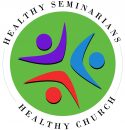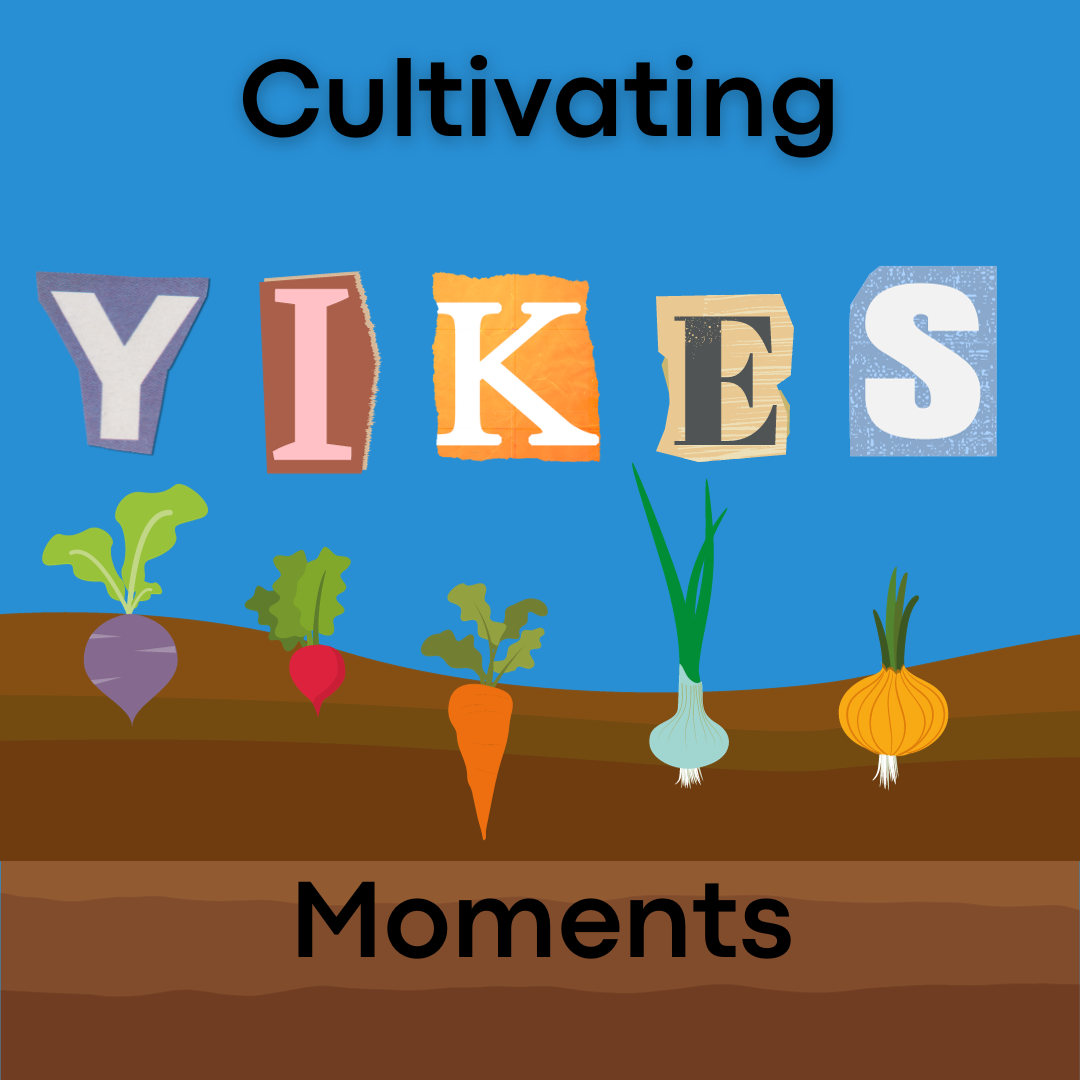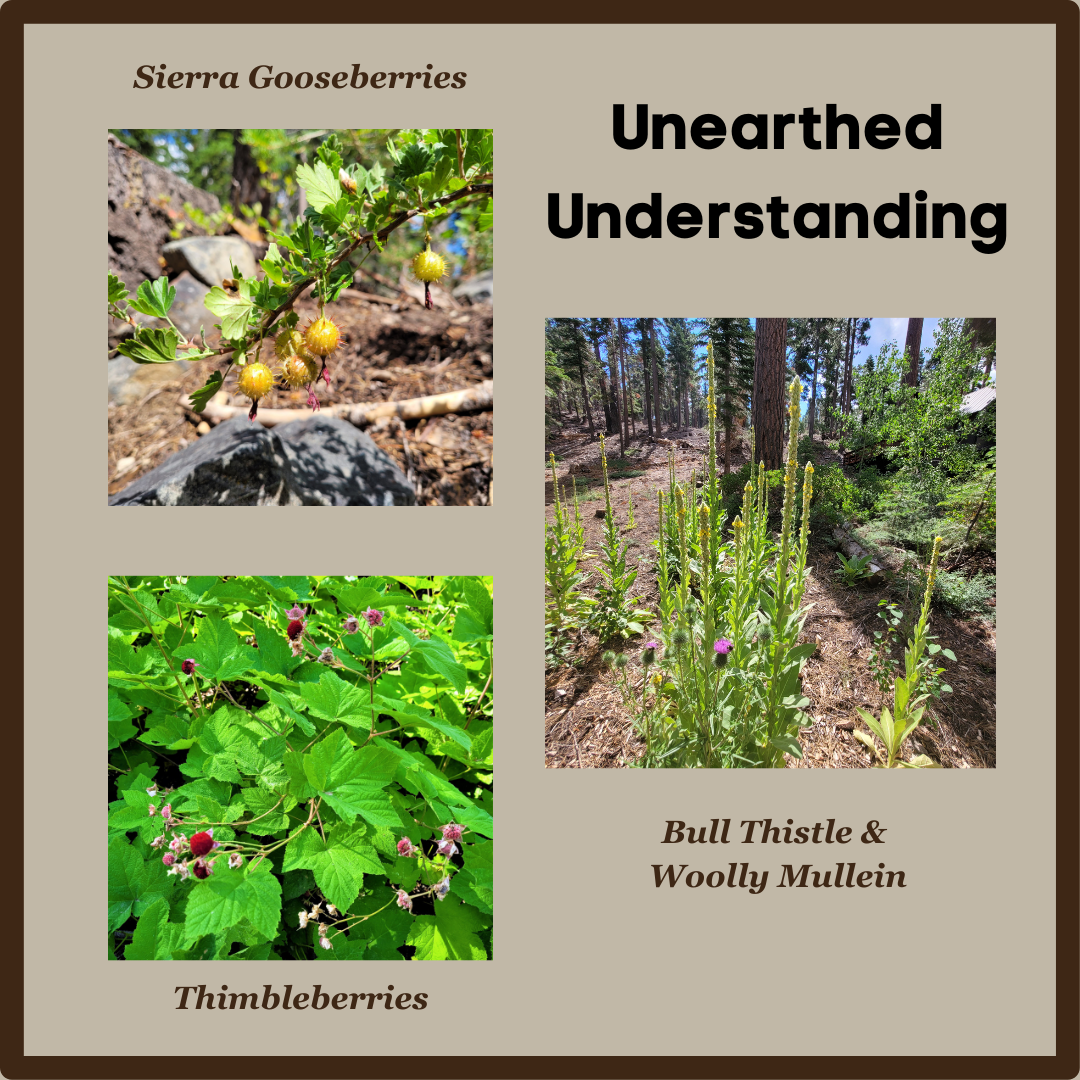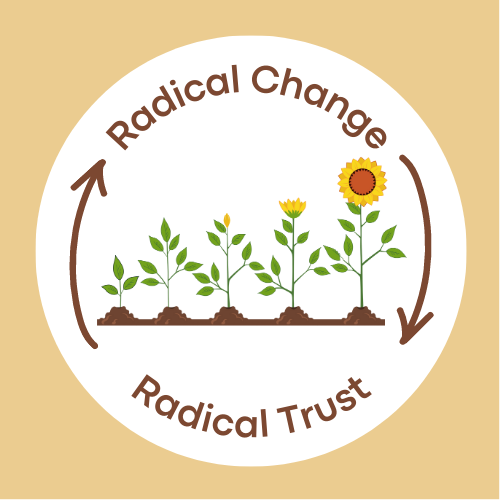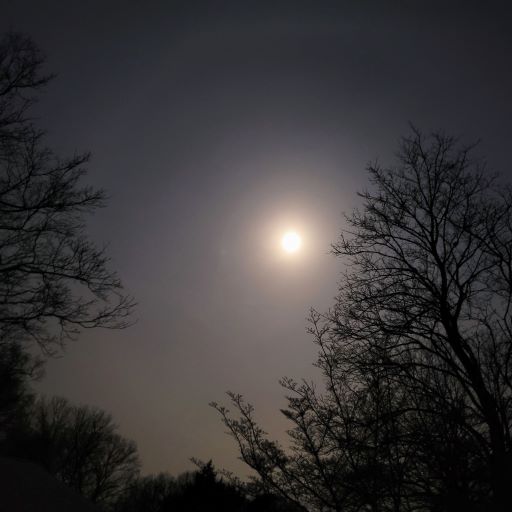Cultivating “Yikes” Moments
Several weeks ago, on the eve of Epiphany (January 6th), I texted a life-long mentor/friend/colleague in ministry, with one of my epiphanies for the year, thus far. I wrote, “Some of the seminarians currently in school right now were born in 2000 and 2001. Yikes!”
The fall of 2001 is when my husband and HSHC co-founder, Travis, and I started our studies at Princeton Theological Seminary… the year some of the current students were born. Where had the time gone?
My friend responded by saying, “And Happy Epiphany (Eve) to you! “Yikes!” is the appropriate response to life’s epiphanies. It captures the wonder and worry, the awe and apprehension, which accompany the beam of new understanding in one’s head and heart…”
As mentioned in the introduction to this newsletter, this year, we will be examining some of the “pressures points” in our lives. This will be centered on the pressures to be – perfect, popular, and productive – and how all of these can cause us stress, potential health problems, and decreased wellbeing. More specifically, our quarterly newsletters, Summer Series (June 30 – July 21st), and other educational opportunities will all be focused around this theme.
In addition to investigating each of these “pressures,” we will also provide some (hopefully) helpful strategies to respond to them in a more healthful manner. For example, in each of our newsletters, we will provide information about a variety of spiritual practices that can help to offset the negative impact that “pressure points” can have on our lives.
It is our hope that, through bringing about awareness about these pressures and pausing for reflection through the various spiritual disciplines, God will provide us some “Yikes” moments – opportunities to see what is in front of us this year with new understanding in our heads and hearts.
We hope you will join us… but no pressure. 🙂
May all be well,
Rev. Dr. Karen Webster
HSHC Co-founder/Executive Director
“Arise, shine, for your light has come, and the glory of the Lord has risen upon you.” – Isaiah 60:1 NRSVUE
